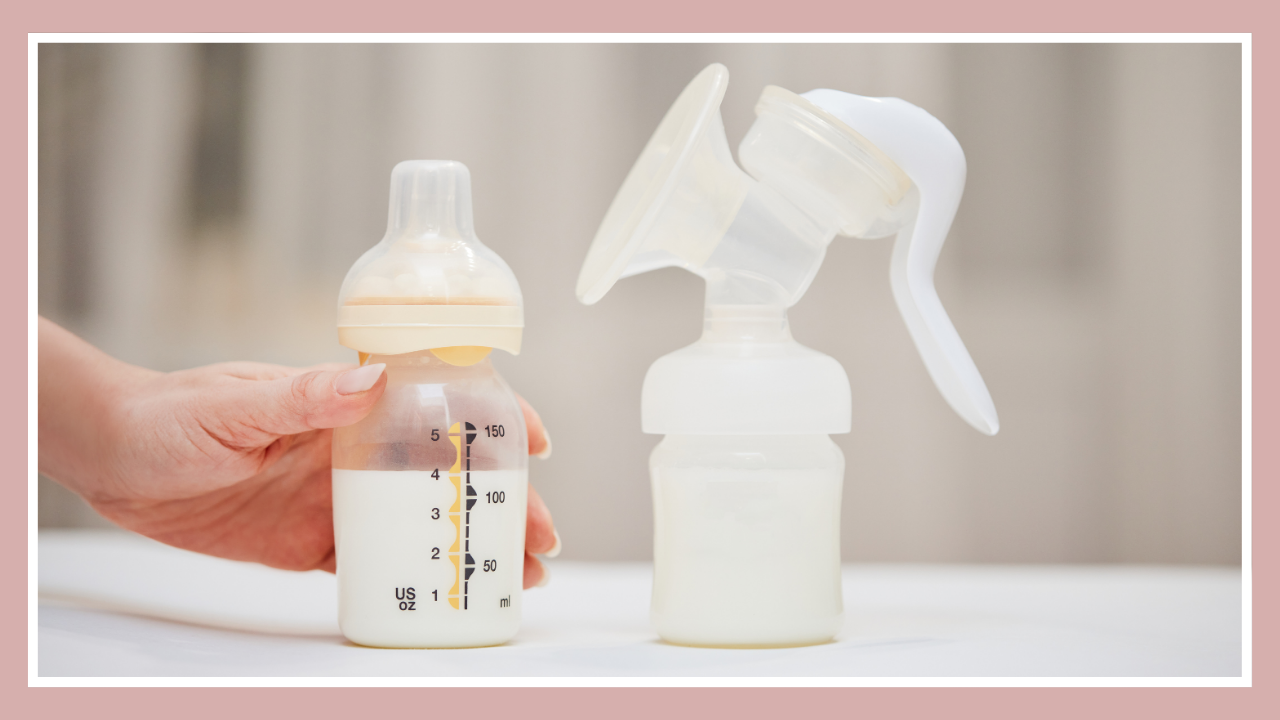
Understanding Your Metabolism Postpartum: What to Expect and How to Support It
May 31, 2024Having a baby is one of the most incredible experiences a woman can go through, but it also brings about significant changes in her body.
One area that often concerns new mothers is their metabolism postpartum. During pregnancy, a woman's metabolism naturally increases to support the growth and development of the baby. However, once the baby is born, the metabolism can fluctuate, leading to weight gain or difficulty losing the baby's weight.
What is Your Metabolism?
Metabolism is the process by which your body converts the food you eat into energy. This energy is used for essential bodily functions, such as breathing, digesting food, and maintaining body temperature. Your metabolic rate determines how many calories your body burns at rest, also known as your basal metabolic rate (BMR).
Several factors influence your metabolic rate, including age, gender, body composition, hormone levels, diet, exercise, stress, and sleep. During pregnancy, hormonal changes cause your metabolism to increase by up to 25%, helping to provide the necessary energy for the growing baby and prepare for breastfeeding.
Metabolism Postpartum: What to Expect
After giving birth, your metabolism doesn't immediately return to its pre-pregnancy state. Here's what typically happens:
-
Immediate Postpartum Period
In the days and weeks immediately following childbirth, your metabolism remains elevated. This is due to the energy demands of recovering from childbirth and producing breastmilk (if you choose to breastfeed). However, your metabolism may start to slowly decline as your body adjusts to its new, non-pregnant state.
-
Breastfeeding and Metabolism
If you decide to breastfeed, your metabolism will likely remain higher than it was before pregnancy. Breastfeeding requires a substantial amount of energy, and your body needs to work harder to produce milk for your baby. However, you'll need to nourish your body with extra nutrients
-
Return to Pre-Pregnancy Metabolism
For most women, their metabolism postpartum will gradually return to pre-pregnancy levels within six months to a year after giving birth. However, this timeline can vary based on factors such as your diet, exercise routine, hormones, stress, sleep, and overall health.

Supporting a Healthy Metabolism Postpartum
While your metabolism may naturally fluctuate during the postpartum period, there are steps you can take to support a healthy metabolic rate:
-
Eat Enough Calories
Eating a low-calorie diet leads to metabolic adaptation. The body begins to lose muscle mass and the metabolism slows down. This means your body will burn less calories at rest. Eating enough calories for your unique needs postpartum is crucial to keep your metabolism happy.
-
Strength Train
Exercise is crucial for maintaining a healthy metabolism postpartum. Strength training will build and preserve lean muscle mass, which can boost your metabolic rate.
-
Blood Sugar Balance
A nutritious, balanced diet is essential for supporting your metabolism postpartum. Eating the right balance of protein, and carbohydrates with fiber and fat is crucial for optimal metabolic function.
-
Get Enough Sleep
Lack of sleep can disrupt hormone levels and negatively impact your metabolism. Aim for 7-9 hours of quality sleep each night to support your overall health and metabolic function.
-
Manage Stress
High levels of stress can lead to hormonal imbalances (high levels of cortisol) and negatively affect your metabolism. Practice stress-management techniques such as meditation, deep breathing exercises, or yoga to help keep your stress levels in check.
-
Be Patient and Kind to Yourself
It's important to remember that every woman's journey postpartum is unique. Your metabolism & hormones may take time to adjust, and that's perfectly normal. Be patient and kind to yourself during this transitional period, and celebrate the incredible feat your body has accomplished in giving birth.
Seek Professional Help If Needed
If you're concerned about your metabolism postpartum or experiencing significant weight changes, don't hesitate to consult with a healthcare professional. A registered dietitian or your doctor can help evaluate your situation, run bloodwork for you, and provide personalized guidance to support a healthy metabolism and overall well-being.
Your metabolism postpartum is influenced by various factors, including hormonal changes, breastfeeding, and your overall lifestyle habits. While fluctuations are normal, being mindful of your diet, exercise routine, sleep, and stress levels can help support a healthy metabolic rate during this transformative period.





